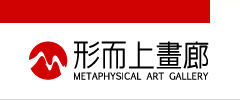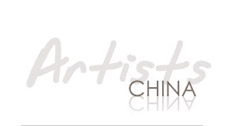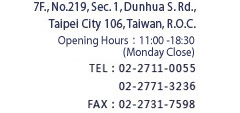| 1959 |
Born in Kunming,
Yunnan Province. |
| 1976 |
Joined the army after
graduation from high school. |
| 1989 |
Graduated from the Department
of Oil Painting at the People¡¦s Liberation
Army Art Institute. |
| 1996 |
Started teaching at the
Yunnan Art Academy until now. |
| |
|
| Solo Exhibitions
- |
| 1994 |
"The Life of Soldiers",
Yunnan Art Academy, Kunming. |
| 2000 |
"Children in Metting",
Hanart T Z Gallery, Hong Kong |
| 2002 |
"Half a Soldier's
Life", Hanart T Z Gallery, Hong Kong |
| 2004 |
"Tang Zhigang",
Galerie Enrico Navarra, Paris |
| |
|
| Group Exhibitions
- |
| 1986 |
"National Art Exhibition
Celebrating the 60th of the People's Liberation
Army", Beijing. |
| 1989 |
"The 7 th National
Art Exhibition", Nanjing. |
| 1993 |
"The 2 nd China Oil
Painting Exhibition", Beijing. |
| 1994 |
"The 8 th National
Art Exhibition", Beijing. |
| 1995 |
"Current
State"(organised by the Cultural Exchange
Center of the University
of Columbia, United States),Kunming. |
| 1996 |
"Life Style",Yunnan
University Science Center, Kunming. |
| 1997 |
"Urban Personality",
Kunming. |
| 1999 |
"Moment: Chinese
Contemporary Art Exhibition", University
of Chicago Art
Center, Chicago.
"Open, All Directions", Kunming.
"China 46",Shanghai;Melboume.
"Chinese Avant-garde Exhibition",
Saint-Benin Art Centre, Italy; Musee
Gtanet Provceence, France.
"Three Artists form Kunming",Hanart
T Z Gallery, Hong Kong. |
| 2000 |
"Chinese Avant-garde
Exhibition", De La Villette Museum, Paris.
"Tales of Two Cities",Asia Contemporary
Art, London. |
| 2001 |
"VASL International
Artists Workshop", Karachi.
"Boy, Girl", Kunming, Singapore.
"Basel International Art Fair",
Basel. |
| 2002 |
"Paris-Pekin",
Espace Cardin, Paris.
"China Art", Germany.
"The First Guangzhou Triennial",
Guangzhou.
"China-Pop", Sydney.
"The 17 th World Cup", France. |
| 2003 |
"Collection
of Lasalle-sia College of the Arts",
Singapore.
"From China with Art", National
Gallery of Jakarta, Jakarta.
"Gui Yang Biennial", Gui Yang. |







